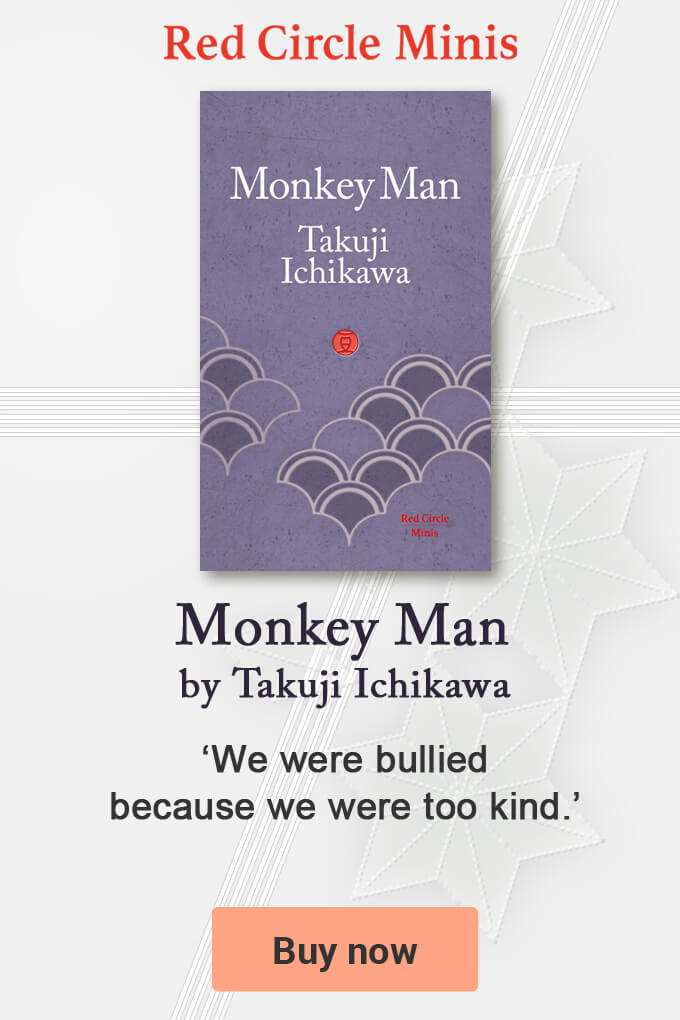- Waseda
In 1935 Tatsuzo Ishikawa won the inaugural Akutagawa Literary Prize[UPDATED: 2-17-2023]
Tatsuzo Ishikawa (1905-1985) won the inaugural Akutagawa Prize, one of Japan’s most prestigious literary awards, in 1935 for his novel Sobo (蒼氓), a story about a group of Japanese farmers who plan to emigrate to Brazil and their experience at an immigration office in the port city of Kobe.
Japan’s two most prestigious literary prizes among over 500 that are awarded each year are probably the Akutagawa and the Naoki prizes. Both were set up in 1935 by Kan Kikuchi (1888-1948) when he was editor of Bungeishunju, one of Japan’s leading literary magazines, which he founded in 1923.
The judging panel of the first Akutagawa Prize Committee was made up of 11 individuals, including Yasunari Kawabata (1899-1972), a subsequent recipient of the Nobel Prize in Literature in 1968, and Junichiro Tanizaki (1886-1965) who was nominated for the same prize in 1964 and almost won.
After Ishikawa won the Akutagawa Prize, the editors of Chuo Koron, another Japanese magazine, sent the independent-minded young prize-winning author to China in early 1938.
He arrived in Nanjing, China’s capital at the time, just after the city was captured by the Japanese Imperial Army. This led to a serialised novel entitled Soldiers Alive (生きている兵隊 ). The novel that was banned by the Japanese authorities and led to Ishikawa’s conviction on charges of ‘disturbing peace and order’.
Ishikawa, like many other Japanese prize-winning authors, including Haruki Murakami, Kazufumi Shiraishi and Mitsuyo Kakuta, studied literature at Waseda University. However, unlike them, Ishikawa didn’t complete his studies at this private Tokyo-based university. He left for Brazil, before graduating, where he worked on a farm; an experience he drew on for his Akutagawa-winning novel.
The Akutagawa prize is awarded for literary fiction published by new up-and-coming writers in a magazine or newspaper. It is awarded twice a year with prize money of 1 million yen and a pocket watch.
The Naoki Prize, also awarded twice a year is for ‘the best work of popular literature in any format by a new, rising, or (reasonably young) established author’. Both prizes have nine judges who select the winning titles from a shortlist put together by editors at the monthly magazine, Bungeishunju.
The prizes are named after Ryunosuke Akutagawa (1892-1927) and Sanjugo Naoki (1891-1934) two highly regarded Japanese authors. The two awards were announced and launched at the same time in 1935, but the Akutagawa Prize was awarded first.

